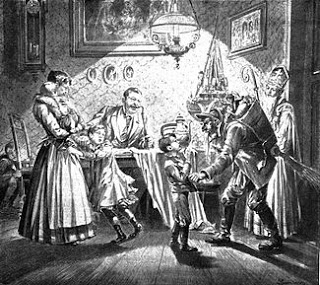As 2016 draws to a close, I’ve been struggling, as I do at the end of every year, to think of the best way to put the old year to rest and see the new one in. While I don’t do New Years resolutions, I do tend to be a little heavy on the end of the year
navel gaze. But how many ways can you say, new beginnings, start over, bigger and better than ever, hope, happiness, reflection, blah, blah, blah? I’m not saying that the New Years navel gaze isn’t important, but I figure you really don’t need me to navel gaze for you when I can safely guess most of you will be doing your own version, as will I.
Soooo! This year I decided to be silly, filthy and irreverent and write a really bad poem just for you lot. I wish you all a quickie before midnight, because, honestly, I can’t think of a better way to see the old year out and the new year in.
A Quickie Before Midnight
Five minutes before midnight
You whispered in my ear,
We’ve time for one last fuck,
What do you say, my dear?
We’ll see the old year out in style
And melt the winter ice
Cuz, Gawd, your tits are lovely
And your bottom is so nice.
I know it’s just a quickie,
But it would be so hot
To spend the last few minutes
Cock-deep inside your twat,
So let me give you rug burns
Let me make you squeal,
Nothing I can think of
Could offer more appeal
Giving you a quickie
To the tune of Alde Lang Syne
I have to be quite honest,
Is a fantasy of mine.
We’ll shove and hump the old year
And when it’s gone away,
We’ll greet the New Year coming
So, dear, what do you say?
Wishing you all the very best in 2017!











